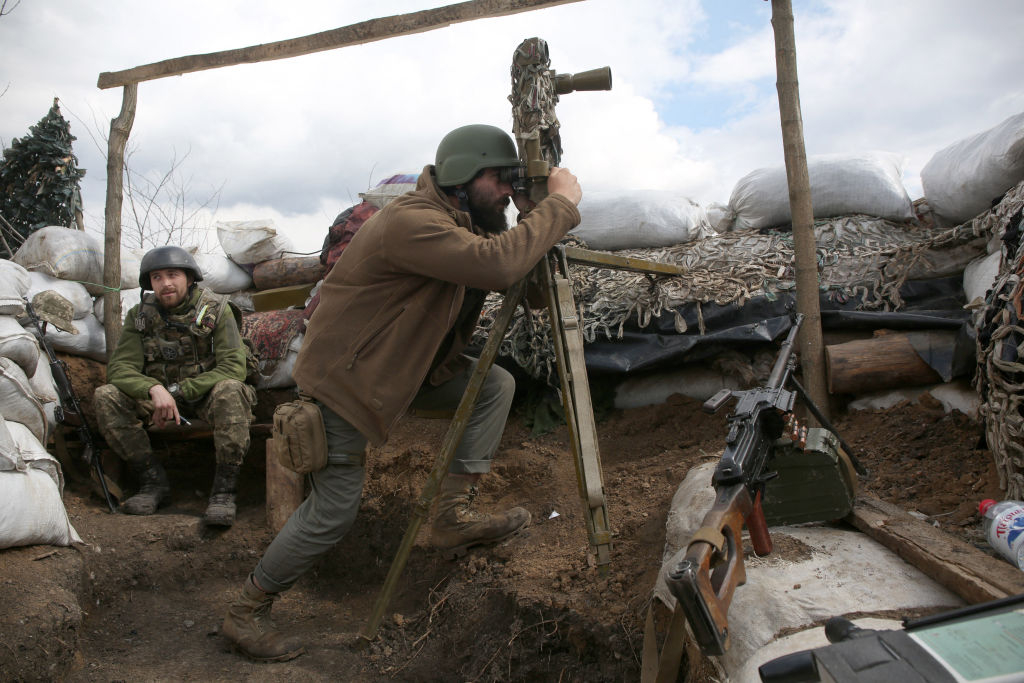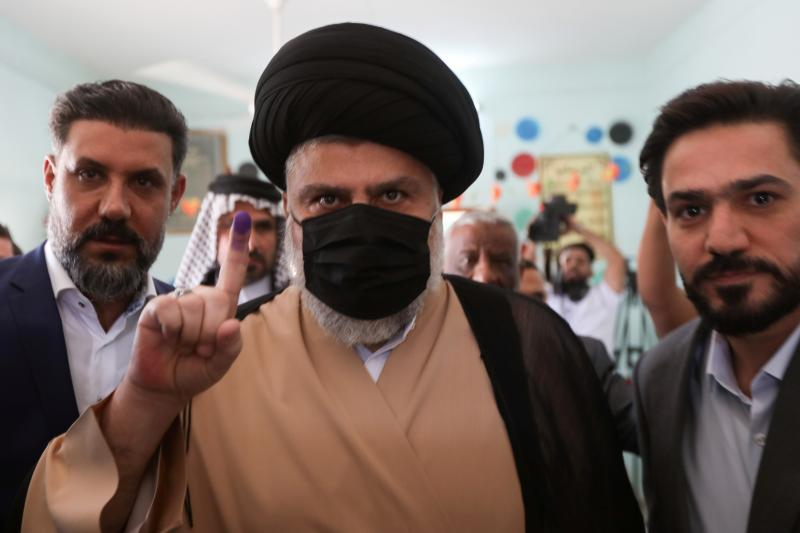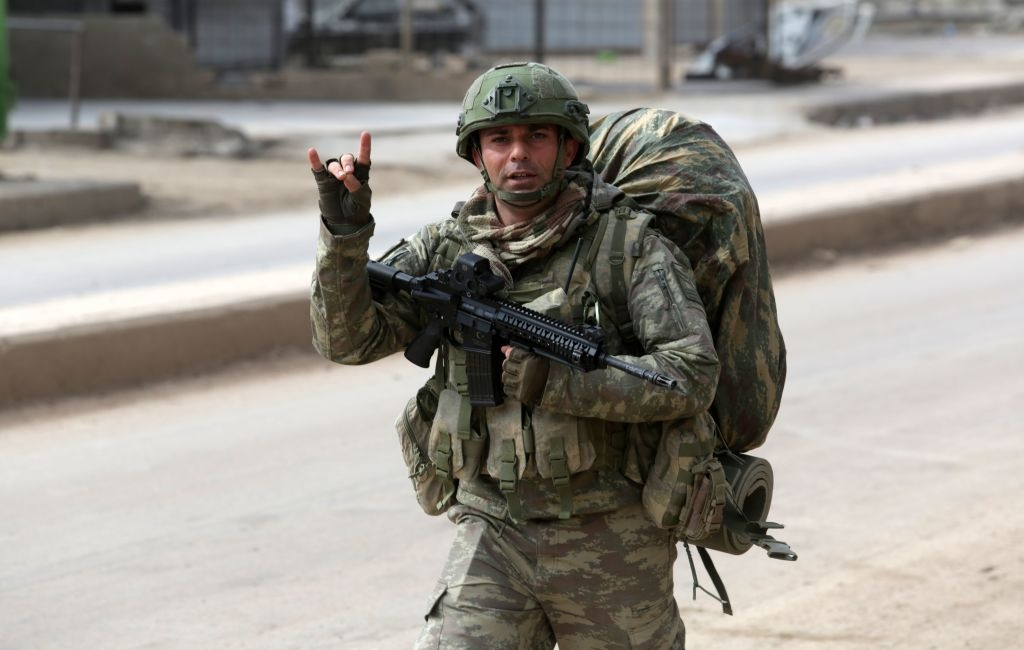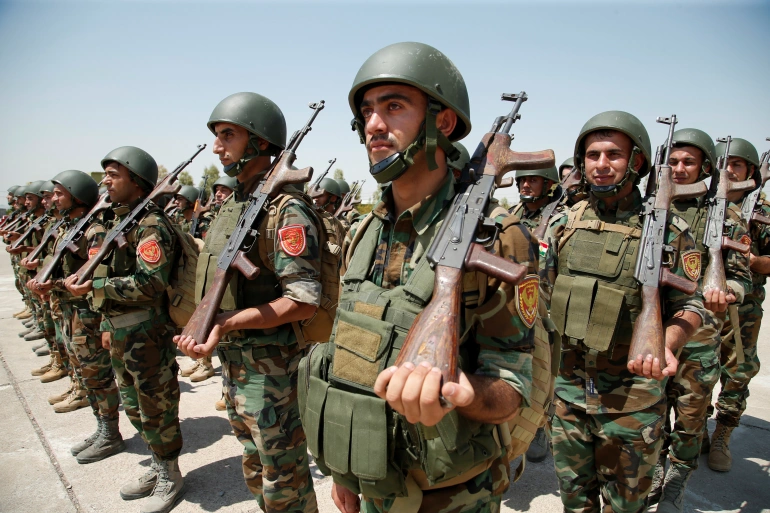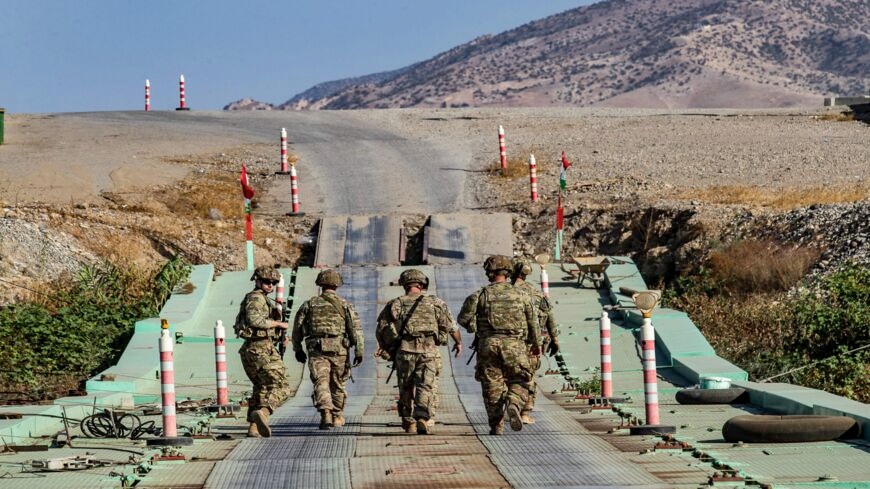Can Turkey help in Ukraine crisis?
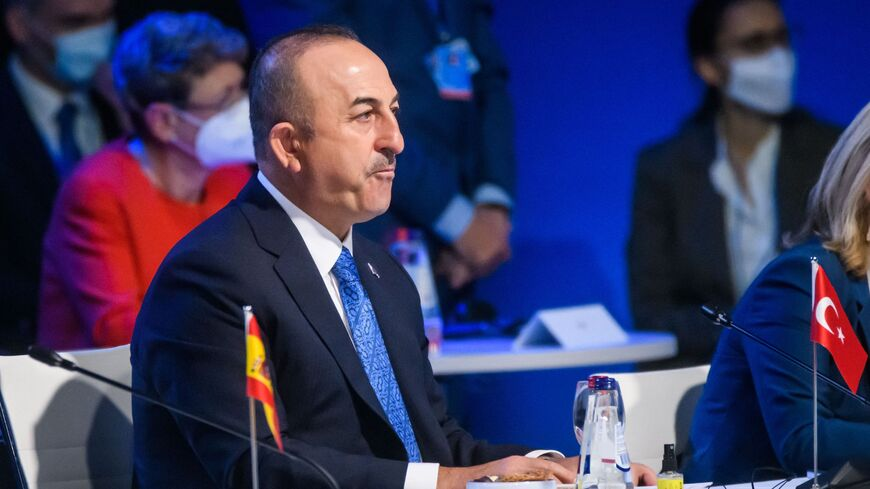
Moscow is likely to welcome a Turkish mediation effort if it serves to restrain Ukraine from a military adventure.
Turkey has offered to mediate in the Ukraine crisis as tensions between NATO and Russia escalate, with fears that Russia might be gearing up to invade eastern Ukraine. The proposal from President Recep Tayyip Erdogan, who has previously passed messages between the Russian and Ukrainian leaders, seems to have generated little enthusiasm in Moscow and Kyiv.

